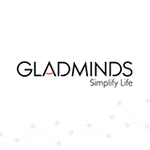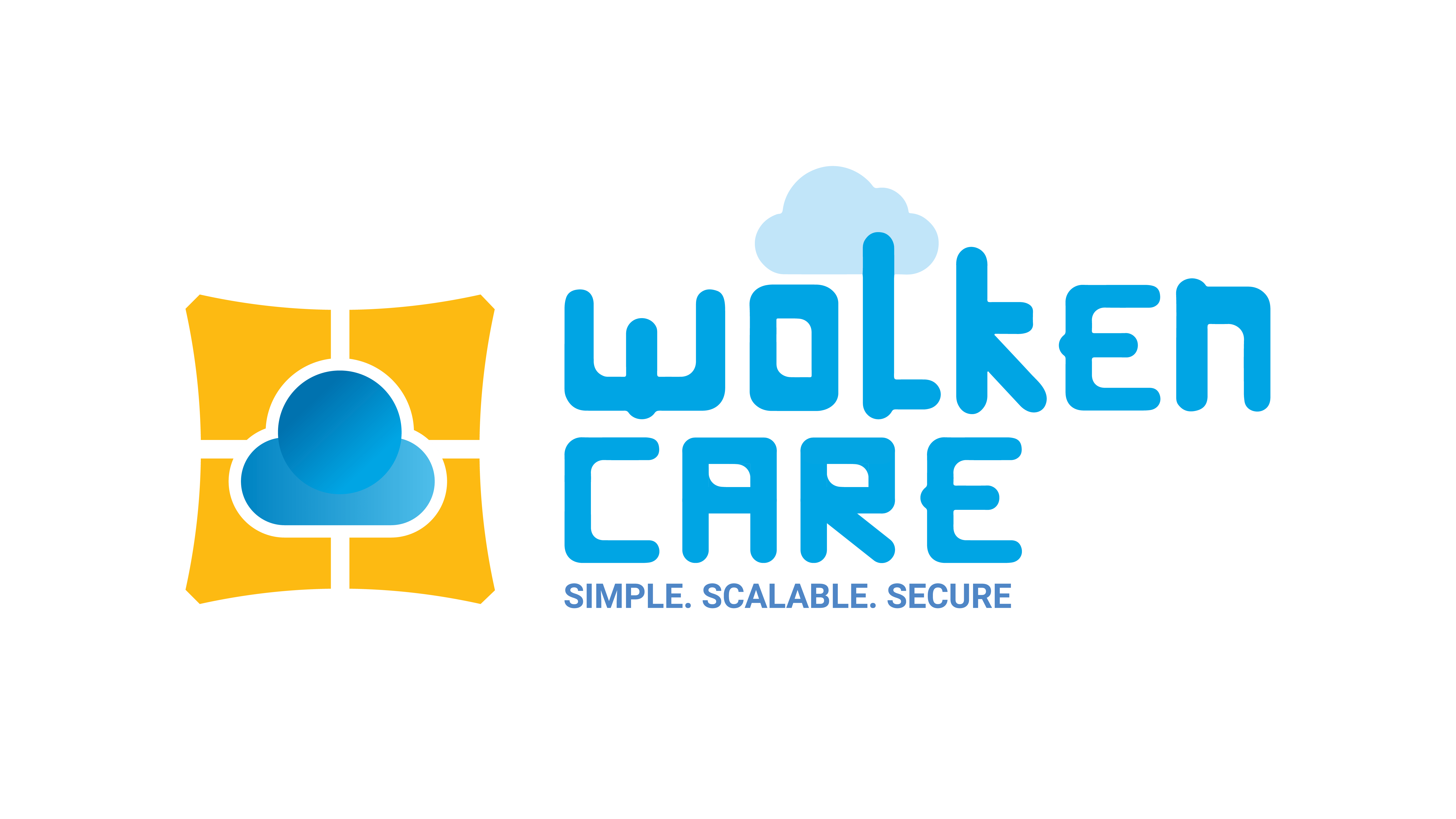Description

AfterSell

Wolken Care
Comprehensive Overview: AfterSell vs Wolken Care
AfterSell and Wolken Care are distinct platforms, each with its own unique primary functions and target markets. Here's a comprehensive overview of the two:
AfterSell
a) Primary Functions and Target Markets:
- Primary Functions: AfterSell is primarily designed to enhance the post-purchase experience for e-commerce businesses. It focuses on features like order tracking, customer feedback collection, upselling and cross-selling, and managing product returns. The platform aims to improve customer satisfaction and drive repeat purchases by streamlining and automating these post-purchase processes.
- Target Markets: AfterSell targets e-commerce businesses, particularly those operating on platforms like Shopify, WooCommerce, and other similar services. Its main users include small to medium-sized online retailers who want to enhance the customer experience and maximize their customer lifetime value.
b) Market Share and User Base:
- Market Share: AfterSell is a significant player in the niche of post-purchase customer experience tools within the e-commerce sector. However, specific market share statistics can vary widely as the market is competitive with numerous specialized solutions emerging.
- User Base: AfterSell is popular among individual online store owners and small to medium-sized e-commerce businesses. The user base can range from hundreds to thousands of businesses, depending on its reach with integrations on platforms like Shopify.
c) Key Differentiating Factors:
- AfterSell differentiates itself by focusing exclusively on the post-purchase aspects of the customer journey, offering comprehensive tools that emphasize upselling, feedback, and repeat sales strategies.
- Its easy integration with major e-commerce platforms and user-friendly interface make it accessible for small businesses without requiring extensive technical expertise.
Wolken Care
a) Primary Functions and Target Markets:
- Primary Functions: Wolken Care focuses on customer service management and IT service management. It provides software solutions for ticketing, issue tracking, and knowledge base management to help businesses manage customer interactions effectively. Wolken Care also includes functionalities like automated workflows, SLA management, and reporting tools.
- Target Markets: Wolken Care targets a broader enterprise market, including medium to large businesses across various industries, such as IT, telecom, and enterprise service providers that need comprehensive customer service and support software solutions.
b) Market Share and User Base:
- Market Share: Wolken Care is positioned in the competitive IT and service management software sector. Its market share is concentrated among businesses seeking robust IT service management and customer service solutions.
- User Base: Typically, Wolken Care serves a diverse range of larger enterprises that require sophisticated service management tools and have complex customer service needs.
c) Key Differentiating Factors:
- Wolken Care stands out with its comprehensive IT service management capabilities, catering to complex enterprise needs with advanced features like SLA compliance, workflow automation, and extensive reporting functionalities.
- The platform's ability to integrate with existing enterprise systems makes it attractive to large businesses looking for fully-featured service management solutions that can adapt to their specific workflows.
Comparison Summary:
While AfterSell focuses on enhancing the e-commerce post-purchase experience for small to medium-sized businesses, Wolken Care serves large enterprises with comprehensive customer service and IT service management tools. AfterSell's simplicity and integration with e-commerce platforms differentiate it from Wolken Care's complex, enterprise-focused solutions intended for broader industry applications. Market positions and user bases thus reflect these strategic directions, with AfterSell occupying a niche role in e-commerce and Wolken Care serving a more general and broader service management market.
Contact Info

Year founded :
Not Available
Not Available
Not Available
Not Available
Not Available

Year founded :
Not Available
Not Available
Not Available
Not Available
Not Available
Feature Similarity Breakdown: AfterSell, Wolken Care
As of my last available data, I don't have detailed product comparisons for AfterSell and Wolken Care specifically. However, I can provide a general framework you might use to compare such tools, particularly if they are related to e-commerce and customer service domains.
a) Core Features in Common:
- Customer Support Tools: Both platforms are likely to offer tools designed to handle customer inquiries and provide support through various channels such as email, chat, and phone.
- Ticketing Systems: The ability to manage customer inquiries through a ticket system is a common feature, helping teams keep track of ongoing issues and ensure they are addressed in a timely manner.
- Analytics and Reporting: Both platforms are likely to offer some analytics or reporting features to help businesses understand customer interactions and performance metrics.
- Integration Capabilities: Common integration features with platforms like Shopify, WooCommerce, or CRM systems to streamline workflows.
- Automation: Basic automation for repetitive tasks to improve efficiency and response times.
b) User Interface Comparison:
- This would typically involve examining the dashboards, ease of use, customization options, and the intuitiveness of navigation. A good UI generally offers a clean, modern look with a clear layout, making it easy for users to perform tasks without a steep learning curve.
- Look out for differences in how information is presented, user experience flow, and the level of personalization available within each platform. One might offer a more minimalistic design while the other could provide a rich set of tools and options on each screen.
c) Unique Features:
- AfterSell: If this platform is focused on post-purchase customer engagement for e-commerce, unique features might include post-purchase upsell and cross-sell capabilities, order tracking interfaces, and customer feedback collection tools directly integrated into the e-commerce platform.
- Wolken Care: This platform might offer unique features related to comprehensive IT service management or more robust workflow automations tailored for a broader range of industries.
- Unique APIs, proprietary integrations, or specific types of customer engagement tools that cater distinctly to an e-commerce or IT service management environment could also set them apart.
For a precise evaluation, it would be beneficial to look directly at the product documentation, user reviews, and perhaps trial accounts of each platform to get first-hand experience and feedback from actual users in similar roles or industries.
Features

Not Available

Not Available
Best Fit Use Cases: AfterSell, Wolken Care
AfterSell
a) Best Fit Use Cases for AfterSell:
AfterSell is primarily designed for e-commerce businesses looking to enhance their post-purchase experience. It is best suited for:
-
E-commerce Platforms and Online Retailers:
- Companies that sell products online and are looking to boost customer satisfaction and retention.
- Businesses aiming to streamline and automate their post-purchase processes, such as order tracking, feedback collection, and upselling opportunities.
-
Subscription-based Businesses:
- Those seeking to improve the customer experience post-purchase to ensure a higher retention rate and decreased churn.
-
Direct-to-Consumer Brands:
- Brands focused on building a strong rapport with their customers through personalized communication and seamless post-sale service.
-
SMEs and Startups:
- Smaller businesses that need an easy-to-integrate solution to improve customer interactions after sales without the complexity of larger CRM and customer service systems.
Wolken Care
b) Scenarios for Wolken Care as Preferred Option:
Wolken Care is a SaaS-based enterprise service desk solution ideal for:
-
Large Enterprises and Corporations:
- Businesses needing comprehensive IT Service Management (ITSM) solutions to handle complex internal and external service requests.
-
IT and Technology Companies:
- Firms that require robust service desk operations, capable of handling detailed ticketing, change management, and incident reporting.
-
Financial Services and Banks:
- Organizations needing secure, compliant customer service platforms, as Wolken Care offers customizable workflows that can adhere to industry-specific regulations.
-
Healthcare Institutions:
- Hospitals and healthcare providers that demand reliable service desk operations to address both IT-related and general customer service inquiries.
d) Catering to Different Industry Verticals or Company Sizes:
-
AfterSell:
- Tailored towards small to mid-sized e-commerce businesses and consumer brands that want to enhance their customer journey post-purchase. Its intuitive interface and integration capabilities make it accessible for businesses with limited technical resources, offering value through improved customer engagement, retention, and lifetime value without requiring extensive infrastructure.
-
Wolken Care:
- Positioned for medium to large enterprises that manage extensive service operations, it accommodates complex ITSM needs with its scalable features. Wolken Care provides a high degree of customization to conform to the demands of various industry verticals, such as finance, healthcare, and technology. Its strength lies in managing large volumes of service requests, offering analytics, and ensuring compliance, making it ideal for larger organizations with intricate processes.
Both products serve distinct market segments by addressing the specific needs associated with different stages of the customer journey, ensuring that businesses, regardless of their size or industry, can find a solution that fits their operational models and service requirements.
Pricing

Pricing Not Available

Pricing Not Available
Metrics History
Metrics History
Comparing undefined across companies
Conclusion & Final Verdict: AfterSell vs Wolken Care
To provide a well-rounded conclusion and final verdict for AfterSell and Wolken Care, we need to analyze several key aspects, such as functionality, usability, cost-effectiveness, support, and scalability.
Best Overall Value
Considering all factors, AfterSell offers the best overall value for businesses prioritizing post-purchase customer engagement and retention, whereas Wolken Care stands out more for robust customer support and service management.
Pros and Cons
AfterSell
Pros:
- Focus on Post-Purchase Experience: AfterSell excels in enhancing the customer journey after the purchase is complete, offering tools to engage, upsell, and ensure customer satisfaction.
- User-Friendly Interface: Designed with ease of use in mind, making it accessible for teams with limited technical expertise.
- Integration Capabilities: Supports multiple e-commerce platforms, ensuring seamless integration into existing systems.
Cons:
- Limited Pre-Purchase Features: The focus on post-purchase could be less appealing for businesses that require comprehensive tools for the entire sales funnel.
- Scalability: Might face challenges in scaling up to support very large enterprises with complex needs.
Wolken Care
Pros:
- Comprehensive Support Solutions: Offers a broad range of features for customer support, IT service management, and other service-centric processes.
- Strong Customization Options: Highly configurable to meet the specific needs of different industries, making it versatile and adaptable.
- Enterprise-Grade Functionality: Designed to handle large volumes of requests efficiently, making it suitable for large enterprises.
Cons:
- Complexity: The extensive features and customization options can lead to a steep learning curve and may require dedicated training for optimal use.
- Cost: Typically, a higher price point that might not be justified for smaller businesses with simpler needs.
Recommendations for Users Deciding Between AfterSell and Wolken Care
-
Assess Needs: Start by evaluating whether your priority is enhancing post-purchase engagement (favoring AfterSell) or if you require a comprehensive customer support system (favoring Wolken Care).
-
Consider Business Size and Growth: Smaller to medium-sized e-commerce businesses looking for straightforward post-purchase solutions might find AfterSell more aligned with their needs. In contrast, larger organizations with complex workflows and support needs might benefit more from Wolken Care’s robust offerings.
-
Budget Analysis: Take a careful look at the pricing models of each solution in relation to your budget. While Wolken Care may offer extensive features, AfterSell might provide a more cost-effective solution for businesses focused on customer retention efforts post-purchase.
-
Trial Versions and Demos: Whenever possible, utilize trial versions or demos to get a hands-on feel for how each product integrates into your current operations and how intuitive your team finds the interface.
-
Integration and Compatibility: Ensure that the chosen solution easily integrates with your existing systems, such as CRM, ERP, and other platforms essential to your business operations.
By carefully analyzing these factors, businesses can make a well-informed decision that aligns with their strategic goals and operational requirements.
Add to compare
Add similar companies



